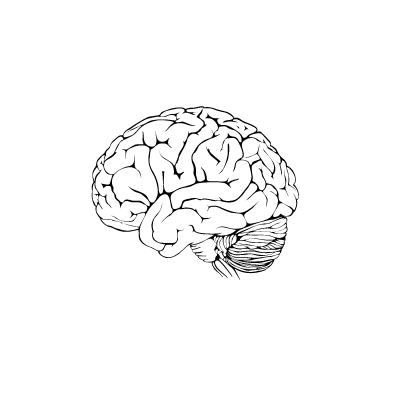What is Slowing Down your Momentum?
- Jan 11, 2017
- 3 min read

If you are like most business people these days, you are a consumer of information. You read everything: books, blogs, cheat sheets, “how to” guides and webinars. Often we go on this search for information because we are trying to get unstuck. We feel like we just can’t seem to move forward fast enough, like we are making too many sideways movements and not enough forward ones. In short, we feel like the path we are travelling is full of chicanes, and all we want is to make progress.
If this all sounds too familiar and you want to know how to get things done easier, read on, as I have one piece of advice that will put everything into perspective.
We want answers that are easy for us to accept
We want the answers to our challenges to be simple to understand and easy to implement. You will also notice that the strategies that are most engaging to you are aligned with habits and behaviours that are already in place. It is easier for us to stay motivated and committed to a path that doesn’t deviate too far from our familiar routines and makes us feel comfortable, as opposed to one that is completely different and doesn’t “feel right”. This triggers fear and uncertainty and causes us to start making sideways movements rather than forward ones, or in worst case, no movement at all. I am not suggesting that every task that we do has to feel amazing, but knowing what is coming up for you when things don’t “feel right” and you are not making progress, is priceless.
We only need accountability for the tasks we don’t want to do
We naturally prefer to do tasks that hold some kind of reward for us at the end, or that we derive some kind of enjoyment from (eg. checking our email). Conversely, we consciously, or subconsciously avoid the ones that are in some way challenging, boring or scary (this is procrastination). To give you an example, I will share one of my brain chicanes, that had me moving sideways instead of forwards.
Writing is easy, publishing is hard: a personal story
I love to write and find it incredibly rewarding. I enjoy the research before the writing and the process of putting thoughts on paper. What I procrastinated on was the publishing. Like most people, I worry about how my writing will be received, whether people will like it or not, and the opinions they will form as a result of reading it. (I imagine some of you can empathise with me right now). As a result, I over-researched and over-edited my writing. I spent way too much time on gathering data and perfecting my message. This slowed down my progress, delayed publishing and wasted time. This fear of being judged was the brain chicane that I had to overcome. To do this, I had to identify the behaviour, then put in accountability strategies to navigate it so I could move forward. My strategy was two-fold. Firstly, I wrote “DETACH” on a post-it note and stuck it to my monitor, to remind me to detach from the outcome of a piece of writing. The truth is that some people will like it, some may not and there is nothing I can do about it, but create something I am proud of. The second thing I did was to set myself a time limit to create and edit my writing, and hit send. The I gave myself a treat (usually coffee)! The reward at the end is crucial.
We already have the answers, we just need to ask the right questions.
We are all individuals with our own definition of what is rewarding, or challenging or scary, and the reality is that you need to find specific strategies that are personalised to you. Over the course of your life you have developed habits of thought, behavioural scripts and frames of reference for everything in your life that are unique to you. These play out automatically in response to different situations and contribute to our level of motivation and commitment to goals. Our brains have stored away all of this information and this is the content that we all need to curate.
Finally, the advice
Rather than fighting your automatic behaviours, habits, and preferences on the path to achieving your goals, aim to understand what they are. Learn what motivates you to action and what gets in your way. Answer these questions and things will get a whole heap easier.
It is hard to do this self-discovery on your own. I did not do this alone, I had the help of a wonderful mentor who kept me accountable.
If you would like to learn more about going on this journey through mentoring with Diane, click here























Comments